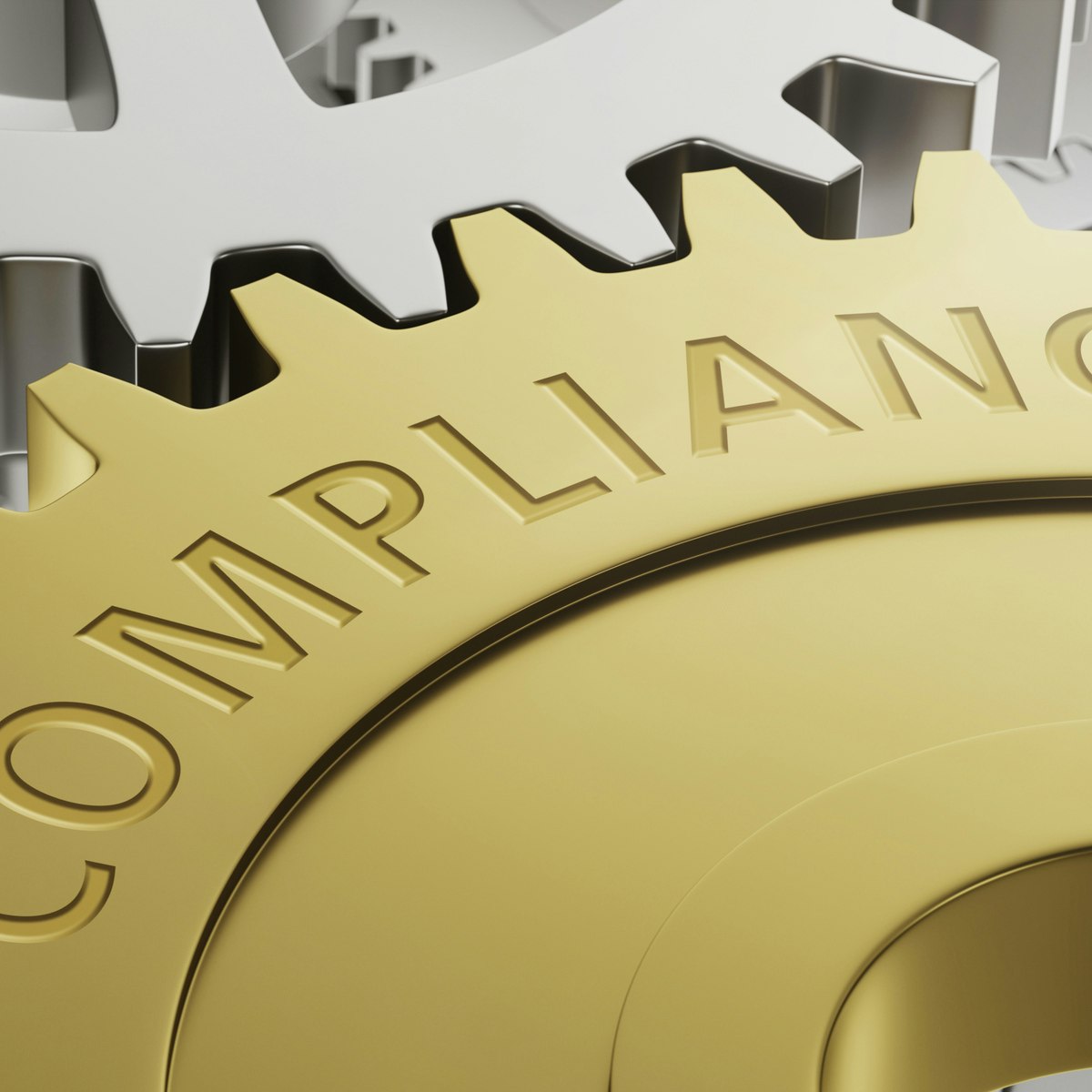
Welcome to the course standardisation and technology!
Do you already know what standards are? Could you image a world without standards? It is certainly not easy to visualize a world without standards and the huge importance of standards is often underestimated in our society. That is because such a vast amount are common to us and have been for ages. We don’t even realise they are standards anymore.
Read more
Welcome to the course standardisation and technology!
Do you already know what standards are? Could you image a world without standards? It is certainly not easy to visualize a world without standards and the huge importance of standards is often underestimated in our society. That is because such a vast amount are common to us and have been for ages. We don’t even realise they are standards anymore.
Welcome to the course standardisation and technology!
Do you already know what standards are? Could you image a world without standards? It is certainly not easy to visualize a world without standards and the huge importance of standards is often underestimated in our society. That is because such a vast amount are common to us and have been for ages. We don’t even realise they are standards anymore.
We are excited to see you join and explore the world of standards that goes unnoticed by so many! First we visit historic examples of standards and see that even Before Christ standards were ever present. But since then standards have grown and evolved alongside societies and we need to discuss the fundamentals of standards and standard setting.
Nowadays technology is rapidly advancing and standards play an ever increasing role. Have you ever wondered what happens under the hood of your mobile phone? How are we able to orchestrate something so huge as the internet without technical agreements and protocols, without standards? We take a look at the organisations that develop and maintain these standards and even take a brief glimpse in the future of this ever evolving field!
Each week video lectures and reading material according to the bibliography in in the introduction will be provided. Practice tests will help you to prepare for the graded assessment at the end of each week.
Good luck and we hope you enjoy the course!
What's inside
Syllabus
Introduction
Welcome to the course Standardisation and Technology. First we will go through history and find that standards have always been part of human society. Even if you maybe had not realised it yet. But the world has since developed into the current information age. And standards had to develop accordingly. We will discuss the fundamentals, the organisations that draft, oversee and exercise standards ánd the societal necessity and dependance on good standards. Already have a look at the reading materials you will be using throughout the course. We hope you join and enjoy the course and realise what an impact standards have on our (and your) day-to-day life!
Read more
Syllabus
Good to know
Save this course
Reviews summary
Highly rated standards course
Activities
Review ICT history
Show steps
Introduce the history of ICT to provide context and foundation.
Show steps
-
Research milestones in the history of ICT
-
Analyze the impact of ICT on society and industry
-
Describe the evolution of computing hardware and software
Participate in ICT discussion forums
Show steps
Foster peer learning, engagement, and critical thinking.
Show steps
-
Join online or offline discussion forums
-
Contribute to discussions by sharing insights and perspectives
-
Engage in constructive debates and discussions
Develop an ICT infographic
Show steps
Enhance comprehension and visual retention by creating an infographic.
Show steps
-
Choose a topic from the ICT course
-
Research and gather relevant information
-
Design and create the infographic using visual tools
Show all three activities
Review ICT history
Show steps
Introduce the history of ICT to provide context and foundation.
Show steps
- Research milestones in the history of ICT
- Analyze the impact of ICT on society and industry
- Describe the evolution of computing hardware and software
Participate in ICT discussion forums
Show steps
Foster peer learning, engagement, and critical thinking.
Show steps
- Join online or offline discussion forums
- Contribute to discussions by sharing insights and perspectives
- Engage in constructive debates and discussions
Develop an ICT infographic
Show steps
Enhance comprehension and visual retention by creating an infographic.
Show steps
- Choose a topic from the ICT course
- Research and gather relevant information
- Design and create the infographic using visual tools
Career center
Standardization Engineer
Quality Assurance Analyst
Standards Compliance Manager
Product Manager
Technical Writer
Standards Developer
Quality Control Inspector
Compliance Officer
Regulatory Affairs Manager
Risk Manager
Project Manager
Operations Manager
Business Analyst
Systems Analyst
Software Engineer
Reading list
Share
Similar courses
OpenCourser helps millions of learners each year. People visit us to learn workspace skills, ace their exams, and nurture their curiosity.
Our extensive catalog contains over 50,000 courses and twice as many books. Browse by search, by topic, or even by career interests. We'll match you to the right resources quickly.
Find this site helpful? Tell a friend about us.
We're supported by our community of learners. When you purchase or subscribe to courses and programs or purchase books, we may earn a commission from our partners.
Your purchases help us maintain our catalog and keep our servers humming without ads.
Thank you for supporting OpenCourser.


